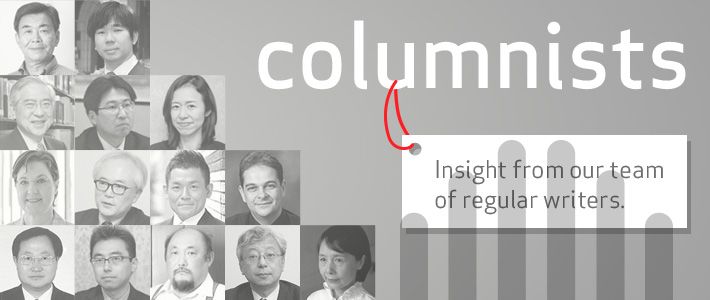
Two Years On from Fukushima
Politics Society- English
- 日本語
- 简体字
- 繁體字
- Français
- Español
- العربية
- Русский
More than two years since the nuclear accident at Fukushima Daiichi, more than 100,000 people are still unable to return to their homes due to radioactive contamination. Ironically, however, the nuclear disaster seems to have had more impact in some European countries than in Japan itself. Germany, Italy, and Switzerland have all decided to phase out nuclear energy. France is discussing new ways of securing the energy it needs and is looking to reduce its reliance on nuclear power. Germany has massively expanded renewable energy, which now accounts for almost 30% of its total energy supply. Even though eight nuclear power plants were shut down after the Fukushima disaster, this expansion of renewable energy sources has allowed Germany to remain a net exporter of electricity. In fact, Germany exported more electricity in 2012 than in any of the three previous years, with 44 TWh more electricity produced than consumed (linked article in German). During the exceptionally cold winter of 2012, France relied heavily on imports of electricity from Germany due to a high demand for electricity for heating.
In Japan, on the other hand, the antinuclear movement still lacks political influence, as the results of numerous local and prefectural elections since 2011 have demonstrated, not to mention the House of Representatives election of December 2012. Although opinion polls show that the public is strongly opposed to nuclear power, pronuclear candidates and parties have managed to prevail in virtually every election held since the Fukushima disaster. Several politicians have publicly demonstrated that they do not understand the fears of the people. One politician, for example, described the decision by popular vote in Italy to abandon nuclear power as “mass hysteria” and doubted whether the phase-out of nuclear power would even be possible in Japan. Despite these comments, the politician in question was re-elected to the lower house in December 2012. There is a disconnect between public opinion and the views of the parliamentarians.
The Gap Between Politicians and People
Energy policy is not the only issue where this disconnect can be seen. Interpretations of Japan’s wartime history are another example. Despite the reelection of politicians espousing views that seem to minimize Japanese responsibility for atrocities committed during the war, public opinion polls show that these views are not widely supported among the population at large. Similarly, a substantial majority of lower house members now favors revising the war-rejecting Article 9 of the Constitution—an idea to which the majority of the population remains adamantly opposed. This phenomenon, which can also be observed in other countries, is partly attributable to the nature of the election system. But first and foremost it is a manifestation of a general problem with so-called representative democracy in a society where a large part of the population abstains from voting. Combating the widespread disillusionment with the political parties (政党離れ, seitō-banare), a phenomenon that was particularly marked in the December 2012 elections, is surely one of the most urgent tasks in contemporary politics.
(Originally written in English on April 16, 2013.)